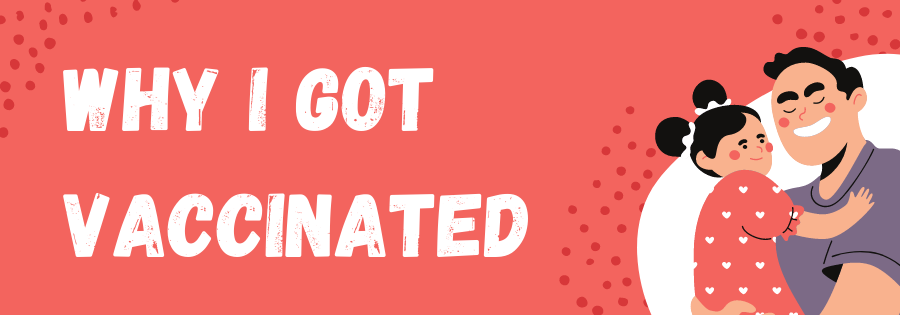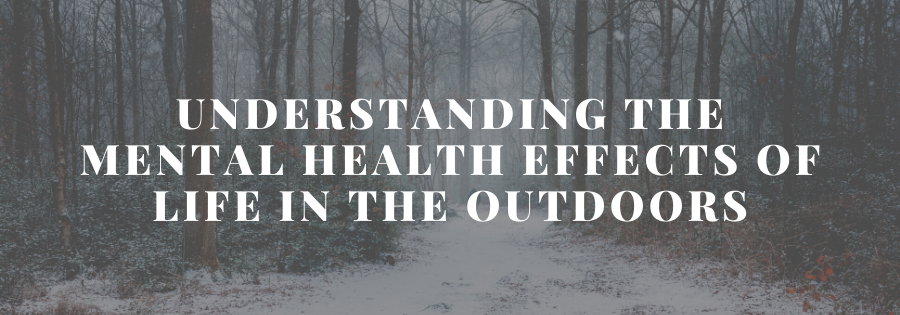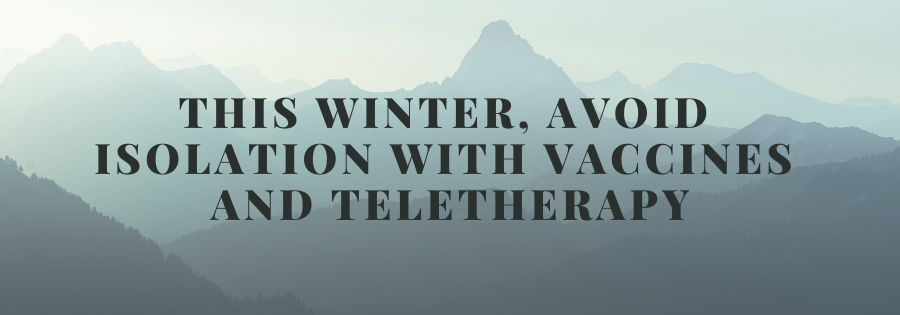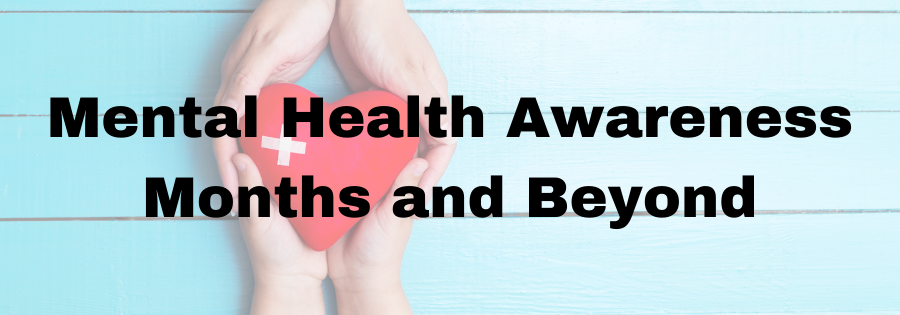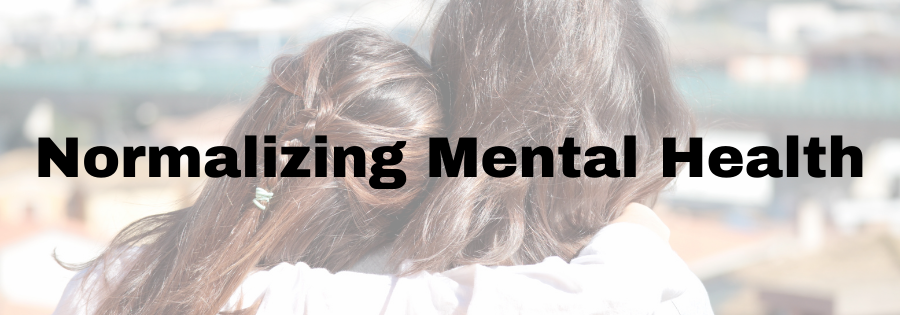Community Helper Trainings are at the heart of prevention efforts. They provide insight into the mind of someone experiencing a mental health challenge or a crisis, teach us how to recognize the signs and symptoms, and help us hone our communication skills. Together, these tools empower everyday people—community members, co-workers, neighbors, and friends—with the knowledge and confidence to support one another and connect those in need to help.
The best part of these trainings is that they are for everyone – no prior experience, qualifications, or existing skills needed. In fact, the innate differences we all bring to the table at these trainings makes them even more enjoyable and effective. We are reminded of the strength that exists in relationships, of the power of connection, and of the role we all play in bettering the health & wellness of our communities.
Over this last year we have had the honor to bring free trainings like Mental Health First Aid, QPR (Question, Persuade, Refer), and COMET (Changing our Mental and Emotional Trajectory) to partners at Telski, Montrose Public Library, Ouray County Sheriff’s Department, Delta County Employees, and Silver Thread Public Health.
Whether in-person over lunch or virtually for half a day, we can tailor our Community Helper Trainings to meet the needs of our communities. Working with Older Adults? There’s an Older Adults Mental Health First Aid, too! Looking to support teammates through these times of uncertainty? Talk Saves Lives can help you understand how to best be supportive.
These trainings not only give us the skills to recognize signs and symptoms in others, but also in ourselves. They provide us with opportunities to talk, to listen, and to learn. Each time we grow the team of community helpers, we are changing the conversation around mental health and chipping away at stigma.
Hope to see you in the next class! Check out our Community Helper Training Menu here or email Jamie to find out about upcoming trainings or to schedule your own.

